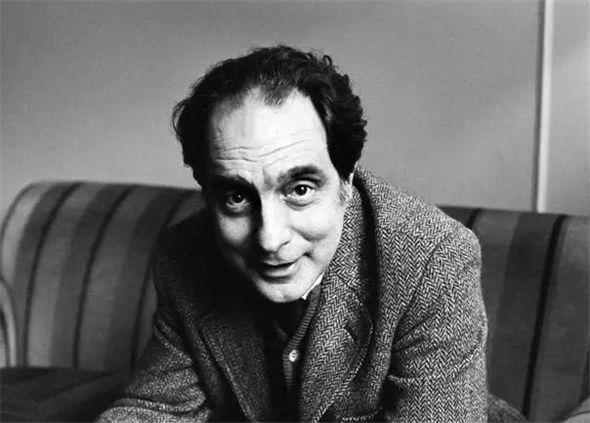Italo Calvino. Black Sheep

There was a country where they were all thieves.
At night everybody would leave home with skeleton keys and shaded lanterns and go and burgle a neighbour’s house. They’d get back at dawn, loaded, to find their own house had been robbed.
So everybody lived happily together, nobody lost out, since each stole from the other, and that other from another again, and so on and on until you got to a last person who stole from the first. Trade in the country inevitably involved cheating on the parts both of the buyer and the seller. The government was a criminal organization that stole from its subjects, and the subjects for their part were only interested in defrauding the government. Thus life went on smoothly, nobody was rich and nobody was poor.
One day, how we don’t know, it so happened that an honest man came to live in the place. At night, instead of going out with his sack and his lantern, he stayed home to smoke and read novels.
The thieves came, saw the light on and didn’t go in.
This went on for a while: then they were obliged to explain to him that even if he wanted to live without doing anything, it was no reason to stop others from doing things. Every night he spent at home meant a family would have nothing to eat the following day.
The honest man could hardly object to such reasoning. He took to going out in the evening and coming back the following morning like they did, but he didn’t steal. He was honest, there was nothing you could do about it. He went as far as the bridge and watched the water flow by beneath. When he got home he found he had been robbed.
In less than a week the honest man found himself penniless, he had nothing to eat and his house was empty. But this was hardly a problem, since it was his own fault; no, the problem was that his behaviour upset everything else. Because he let the others steal everything he had without stealing anything from anybody; so there was always someone who came home at dawn to find their house untouched: the house he should have robbed. In any event after a while the ones who weren’t being robbed found themselves richer than the others and didn’t want to steal any more. To make matters worse, the ones who came to steal from the honest man’s house found it was always empty; so they became poor.
Meanwhile, the ones who had become rich got into the honest man’s habit of going to the bridge at night to watch the water flow by beneath. This increased the confusion because it meant lots of others became rich and lots of others became poor.
Now, the rich people saw that if they went to the bridge every night they’d soon be poor. And they thought: ‘Let’s pay some of the poor to go and rob for us.’ They made contracts, fixed salaries, percentages: they were still thieves of course, and they still tried to swindle each other. But, as tends to happen, the rich got richer and the poor got poorer and poorer.
Some of the rich people got so rich that they didn’t need to steal or have others steal for them so as to stay rich. But if they stopped stealing they would get poor because the poor stole from them. So they paid the very poorest of the poor to defend their property from the other poor, and that meant setting up a police force and building prisons.
So it was that only a few years after the appearance of the honest man, people no longer spoke of robbing and being robbed, but only of the rich and the poor; but they were still all thieves.
The only honest man had been the one at the beginning, and he died in very short order, of hunger.
Italo Calvino: Ұрылар елі
https://www.thebilge.kz/e/action/ShowInfo.php?classid=4&id=3566
